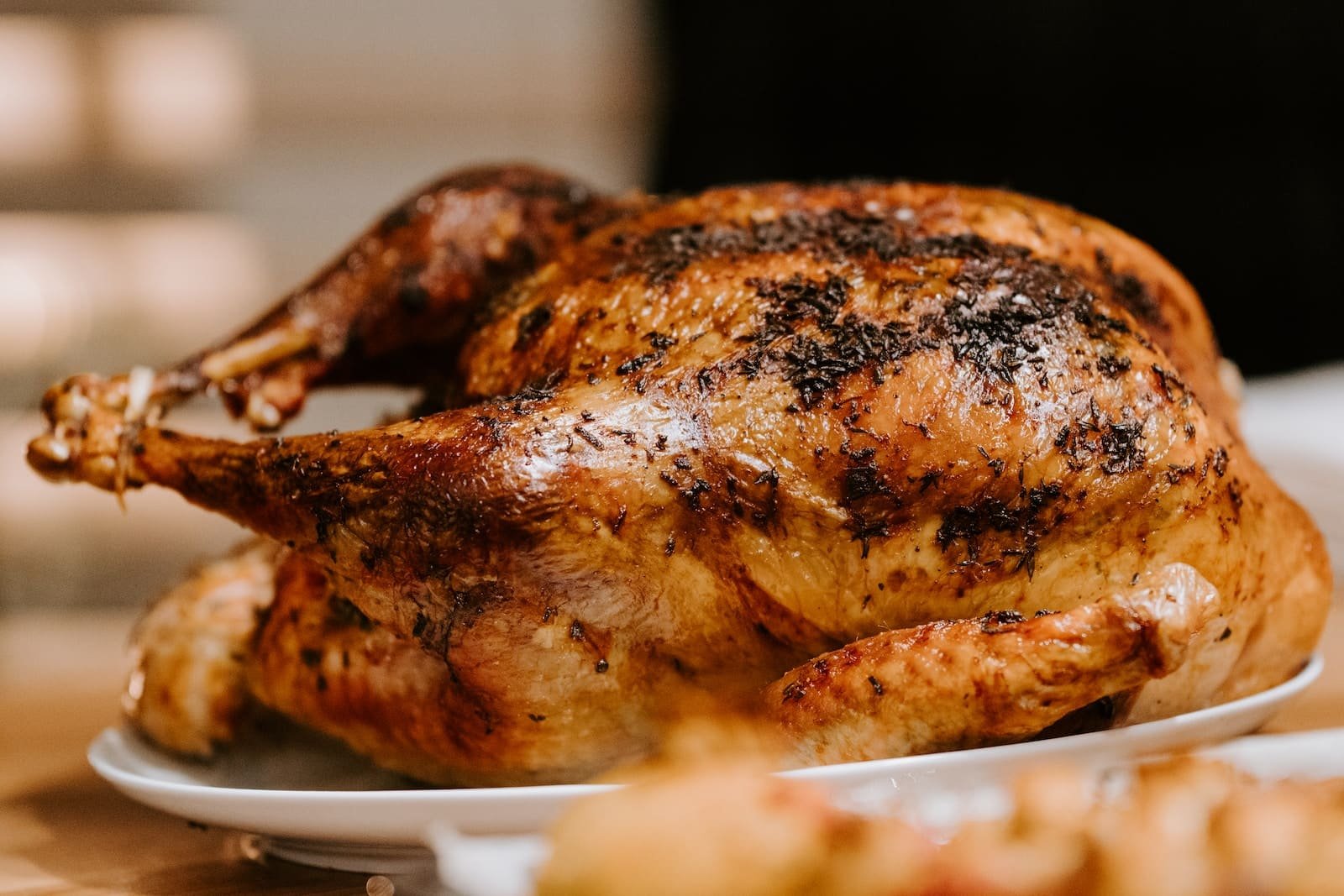When it comes to freezing turkey, there are a few golden rules we need to follow to ensure that when we finally thaw it out for the big family feast, it’s just as delicious and safe to eat as the day we bought it. So, let’s talk turkey freezer life, safety tips, and best practices. Trust me, with a little know-how, you’ll be the MVP of meal prep!
Freezing is like hitting the pause button on your food. It’s a fantastic way to extend the shelf life of many products, including turkey, without sacrificing quality or safety. According to the USDA, when we freeze food, it doesn’t necessarily kill bacteria, but it does keep them in cryostasis, preventing them from multiplying.
A whole turkey is a big commitment—not just in terms of cooking, but also when it comes to storage. The good news is that a whole turkey can be kept frozen for a long time. The USDA states that a whole turkey can be safely stored in the freezer indefinitely. However, for the best quality, you’ll want to cook it within a year of freezing. That’s right, folks—your Thanksgiving headliner can chill out in your freezer for up to 12 months without losing its flavor or texture.
What if you’ve got just parts of a turkey—like breasts, wings, or legs? These smaller cuts will not last as long as a whole turkey because they have more surface area exposed to air, which can lead to freezer burn. The USDA recommends using frozen turkey parts within nine months for optimal quality.
Now, for those of you who love a good turkey burger or use ground turkey as a healthier alternative in recipes, you’ll want to use it a bit more quickly. Ground turkey, according to the USDA guidelines, should be used within three to four months of freezing.
Even though freezing can keep food safe indefinitely at the right temperature, quality can diminish over time. If you notice any changes in color, texture, or if the turkey has developed ice crystals or freezer burn, it’s still safe to eat, but the quality might not be what you’re hoping for.
Further, if there has been a power outage or if the turkey has been stored at temperatures above 0°F for an extended period, it’s best to check it thoroughly. When in doubt, the old saying “better safe than sorry” should be your mantra.


